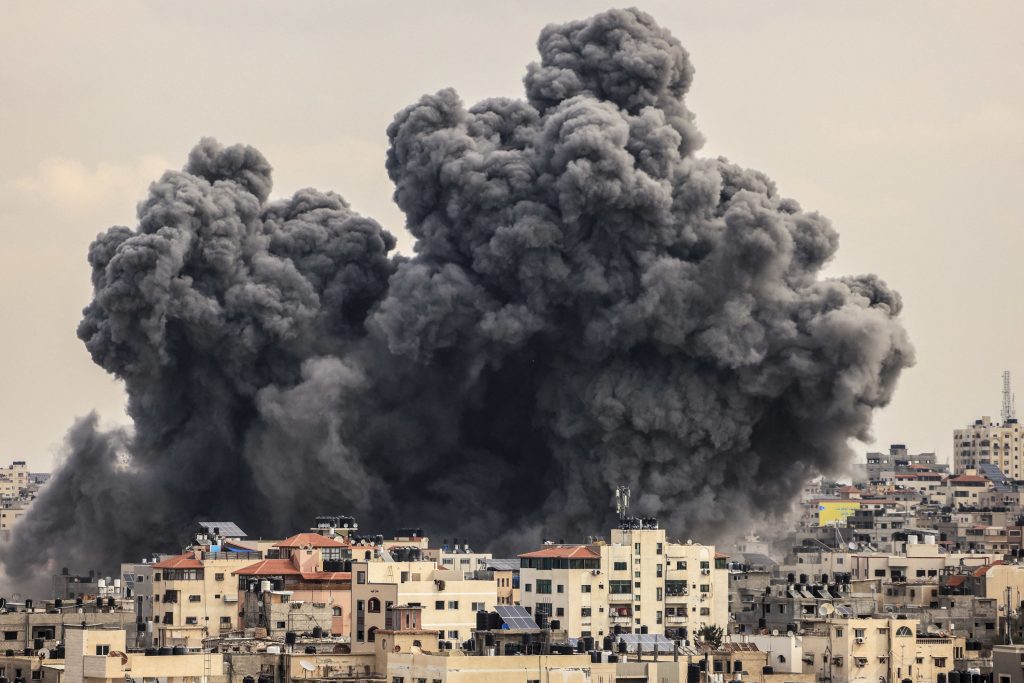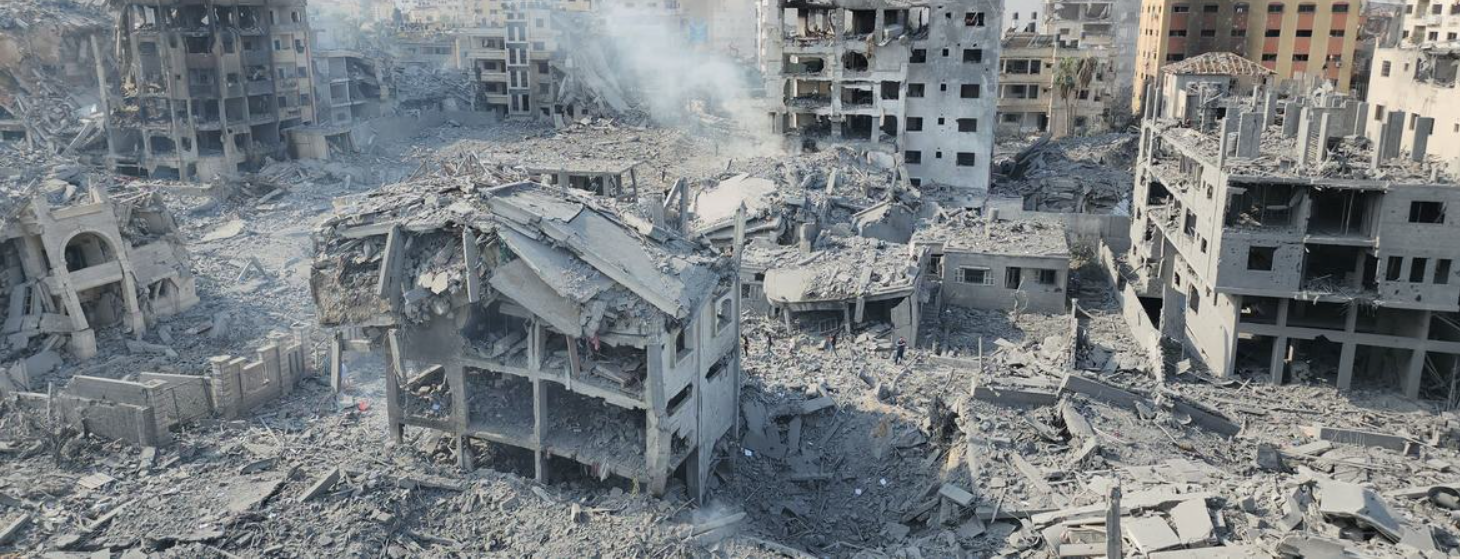Introduction:

In the heart of the Middle East, a long-standing conflict between two nations has captured the world’s attention – the Palestine-Israel conflict. Dennis Ross, a prominent American diplomat, recently shed light on a hidden reality. He revealed that while Arab rulers publicly condemn Israel’s actions in the region, behind the scenes, they express a different sentiment. This revelation highlights the intricate dynamics of the conflict, where political interests often clash with public perception.
The Two Faces of Arab Rulers:
At first glance, it may seem contradictory that Arab rulers condemn Israel’s actions while secretly expressing their concerns about Hamas. But this duality can be understood when we consider the delicate balancing act they must perform. Openly supporting Israel would risk public outrage, as the Arab world has a history of anti-Israel sentiment. However, the prolonged Palestine-Israel conflict could destabilize the region and pose a threat to these rulers’ regimes. Their willingness to use force against their own people, if necessary, demonstrates the complexities they face.
Arab Support for Israel:
Surprisingly, some Gulf states have supplied weapons and aid to Israel, raising eyebrows worldwide. This action can be interpreted in two ways: either there are specific weapons Israel lacks, or it’s a move to please Israel. Either way, it’s a somber reflection of political realities in the region.
Egypt’s Role:
Among these Arab rulers, Egypt plays a prominent role. The nation’s strict stance and border closures during the Israel-Palestine conflict have sparked controversy. The people of Gaza, facing a dire situation, have sought refuge in Egypt, their nearest neighbor. However, Egypt’s decision to close its borders has left many questioning the motivations behind it.
Egypt’s Support for Israel:
Egypt’s active involvement in supporting Israel during a critical operation in southern Gaza has raised eyebrows. It is a stark reminder of how complex the political landscape is, even within the Arab world. The shared fear of political Islam unites these Arab rulers and underpins their actions.
The Arab World’s Fear of Hamas:
One of the central issues that the Arab world grapples with is Hamas’s political Islam. This ideology strikes fear into the hearts of Arab dictators who have seen the devastating consequences of political Islam in the region.
The Broader Regional Perspective:
This complex dynamic is not unique to the Israel-Palestine conflict. We’ve witnessed similar scenarios in Syria, where various actors, including the United States, Russia, Iran, and China, were complicit in mass atrocities. The fear of political Islam has driven these actions, leading to tragic consequences.
The Human Toll:
The human cost of the current conflict is staggering. Thousands of Palestinians have been killed, and tens of thousands injured. Children have suffered the most, with thousands losing their lives or bearing the physical and emotional scars of this brutal conflict. The destruction of Gaza’s infrastructure has left the region in ruins.
The International Response:
For the first time, the United States has called on Israel not to target the civilian population. They’ve also indicated that the war will only end when Israel feels secure from Hamas or similar threats. The international community watches with bated breath to see if these demands can be met.
The Uncertain Future:
The situation in the region remains uncertain. If Israel loses the war, it could lead to political changes within the nation. The annexation of East Jerusalem by Israel has further complicated the situation, potentially altering the landscape of future agreements.
The Muslim World’s Response:
In this context, it’s crucial to consider the reactions of Muslim-majority countries. Turkey, for example, has recalled its ambassador from Israel, reflecting the growing international concern over the situation.
Conclusion:
The Palestine-Israel conflict remains a complex and multifaceted issue. Dennis Ross’s revelations have provided us with a glimpse into the intricate dynamics of the region. It’s a conflict where political interests often clash with public perception, and the human cost continues to rise. As the situation unfolds, the world watches, hoping for a peaceful resolution that respects the rights and lives of all those involved.
Dear valued viewers, in a demonstration of solidarity with the people of Palestine, we invite you to share your emotions in the “Comments Section.” Stay informed with the latest Palestine News Updates by visiting the “Palestine News“ page. Thank you for your active participation.
Frequently Asked Questions
Why do Arab rulers secretly support Israel while publicly condemning it?
Arab rulers face a delicate balancing act, where openly supporting Israel would risk public outrage. However, the prolonged Palestine-Israel conflict could destabilize the region and pose a threat to these rulers’ regimes.
What is the primary concern that Arab countries have with Hamas?
Arab countries fear Hamas’s political Islam, which they see as a threat to regional stability.
What is the international community’s response to the Israel-Palestine conflict?
The international community, led by the United States, has called on Israel not to target the civilian population and indicated that the war will only end when Israel feels secure from Hamas or similar threats.
How has the Palestine-Israel conflict impacted the people of Gaza?
The conflict has had a devastating human toll, with thousands of Palestinians killed, tens of thousands injured, and extensive damage to Gaza’s infrastructure.
What is the future of the conflict, and what are the implications of Israel’s annexation of East Jerusalem?
The future remains uncertain, with potential political changes in Israel and alterations to existing agreements. The annexation of East Jerusalem adds complexity to the situation, and the Muslim world’s response is being closely observed.

